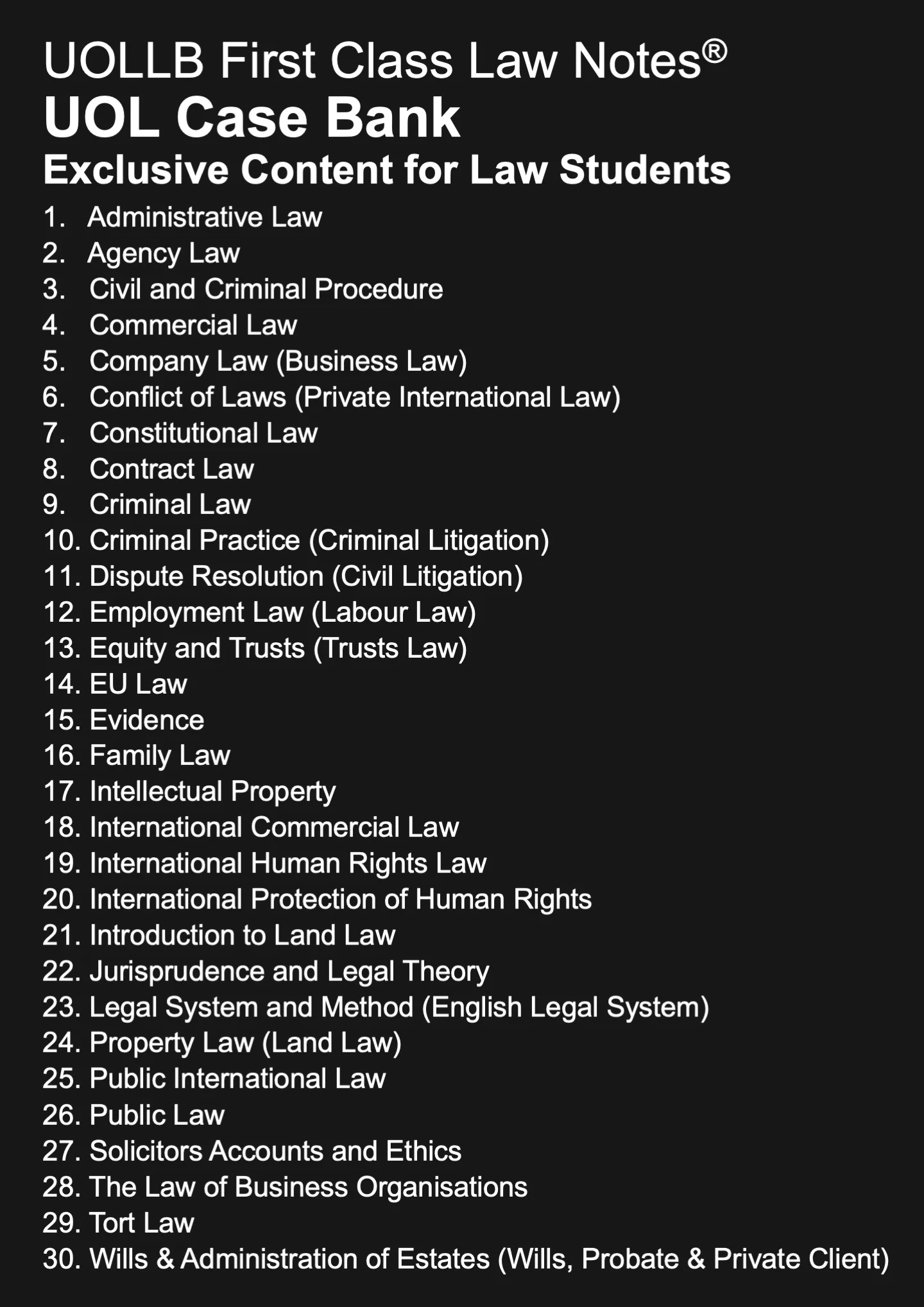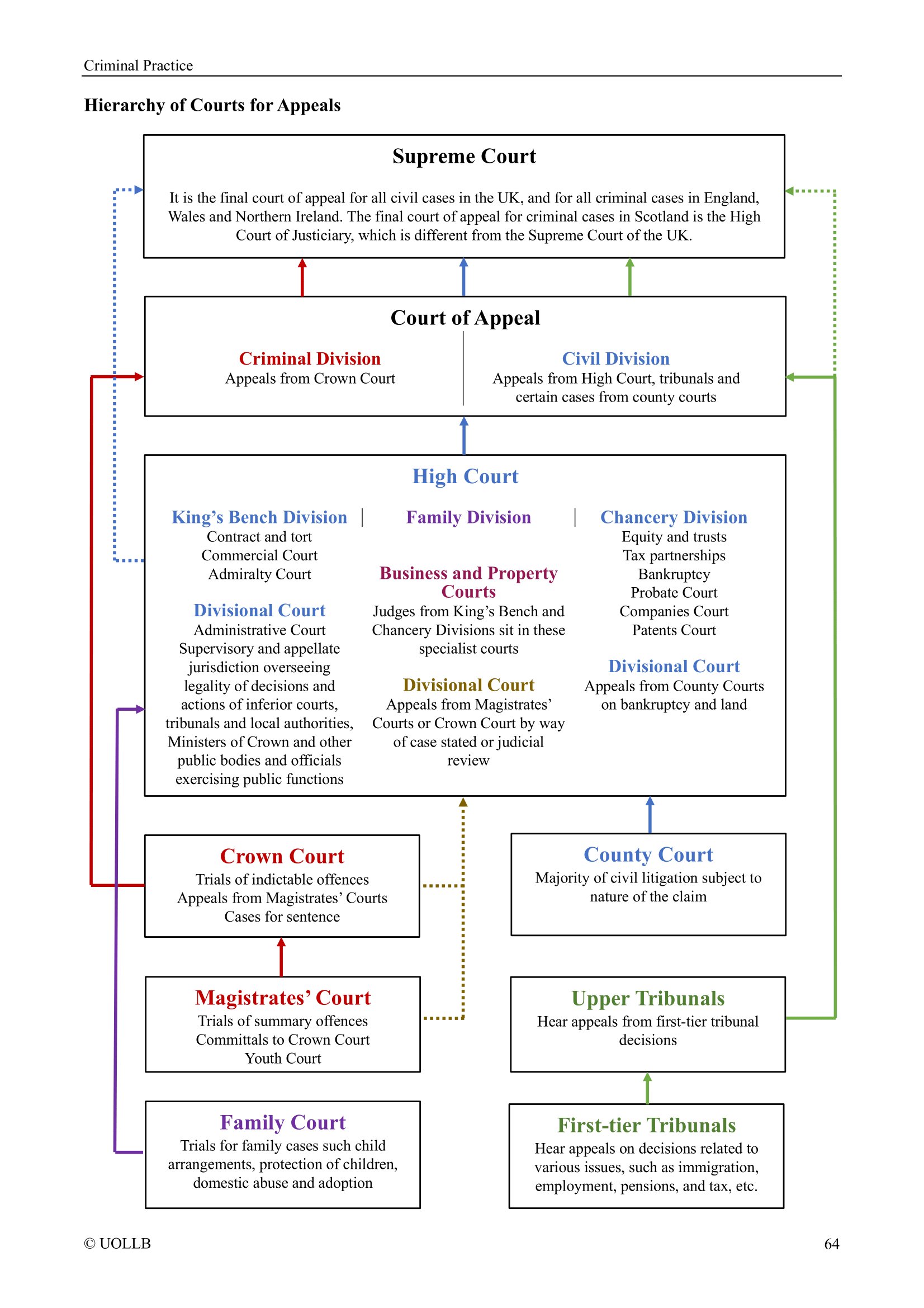Top 10 Reasons Why You Are Rejected by Your Favourite Law Firm
Share
There can be various reasons why you may be rejected by you favourite law firm. While it can be disheartening, it is important to remember that the job application process is highly competitive, and even highly qualified candidates may face rejection. Here are some possible reasons why you are rejected by your favourite law firm:
Academic performance: Law firms place significant importance on academic achievements as they view them as indicators of a candidate's ability to handle the demanding nature of legal work. If your academic results do not meet the firm's criteria or if there are other candidates with stronger academic records, it may result in your rejection.
Intense competition: Top law firms typically receive a high volume of applications from talented and accomplished candidates. The firm may have limited positions available and had to make tough choices among a pool of highly qualified individuals. Even if you possess strong qualifications, the fierce competition can make it challenging to secure a position.
Lack of relevant experience: Law firms often have specific requirements or preferences for particular practice areas or industries. If your experience does not directly align with their desired areas of expertise, it can play a role in the rejection. Firms may prioritise candidates with experience in a specific practice area or industry to ensure a seamless transition into the firm's existing client base and work.
Interview performance: The interview stage is crucial in the selection process, as it provides an opportunity for the firm to assess your abilities, fit, and potential contribution. If you struggle to effectively communicate your skills, experiences, or fit with the firm during the interview, it can negatively impact their decision. This includes various factors such as poor preparation, lack of confidence, or difficulty articulating your thoughts.
Lack of demonstrated interest: Law firms value candidates who show genuine interest in their practice areas and the firm itself. If you fail to effectively convey your enthusiasm and passion for the firm during the application process or interview, it may affect their decision. Firms want to see that you have done your research, understand their work, and are genuinely excited about the opportunity to contribute to their practice.
Assessment centre: Many law firms use assessment centres as part of their selection process, where candidates are evaluated through various activities and exercises. If you do not perform well at the assessment centre, it can directly contribute to your rejection. Assessment centre activities typically include group discussions, case studies, presentations, and problem-solving exercises. The firm assesses your ability to work effectively in a team, think critically, communicate clearly, and demonstrate your legal and analytical skills.
Cultural fit: Law firms prioritise cultural fit to ensure a cohesive and harmonious work environment. They look for candidates who align with their values, working style, and overall firm culture. If the firm feels that your personality, values, or working approach does not align with their specific culture, it can contribute to the rejection. Cultural fit is highly subjective, and sometimes a candidate may simply not resonate with the firm's unique work environment and expectations.
Weak application materials: If your resume or cover letter does not effectively showcase your qualifications, skills, and experiences, it can contribute to the rejection. It is important to ensure your application materials are well-structured, error-free, and tailored to the specific law firm you are applying to. Take the time to highlight your most relevant achievements and align them with the firm's practice areas and values.
References or recommendations: Law firms often request references or recommendations as part of the application process. If your references do not provide strong endorsements or if there are any concerns raised about your suitability for the position, it can adversely influence the firm's decision. Positive and credible recommendations from individuals who can vouch for your skills, work ethic, and professional demeanour are crucial in the competitive hiring process.
Limited network or connections: Networking and personal connections can sometimes play a role in the hiring process. If other candidates have strong referrals or personal connections within the firm, it can give them an advantage. While connections are not the sole factor in the decision-making process, they can sometimes be influential, particularly when multiple candidates are closely matched in terms of qualifications and experience.
Limited geographic flexibility: Law firms with multiple offices may prioritise candidates who are willing to relocate or work in different locations. If you indicate a strong preference for a specific location or are not open to considering other office locations, it may negatively impact your chances, especially if the firm has specific hiring needs in other offices.
If you can avoid the above pitfalls, you can significantly increase your chance of success. Nevertheless, it is important to approach rejection with resilience and a growth mindset. Take the opportunity to learn from the experience, seek feedback if possible, and continue to refine your skills and qualifications. Remember, rejection from one firm does not define your worth or potential success in the legal field. Keep exploring opportunities and pursuing your career goals.
Academic performance: Law firms place significant importance on academic achievements as they view them as indicators of a candidate's ability to handle the demanding nature of legal work. If your academic results do not meet the firm's criteria or if there are other candidates with stronger academic records, it may result in your rejection.
Intense competition: Top law firms typically receive a high volume of applications from talented and accomplished candidates. The firm may have limited positions available and had to make tough choices among a pool of highly qualified individuals. Even if you possess strong qualifications, the fierce competition can make it challenging to secure a position.
Lack of relevant experience: Law firms often have specific requirements or preferences for particular practice areas or industries. If your experience does not directly align with their desired areas of expertise, it can play a role in the rejection. Firms may prioritise candidates with experience in a specific practice area or industry to ensure a seamless transition into the firm's existing client base and work.
Interview performance: The interview stage is crucial in the selection process, as it provides an opportunity for the firm to assess your abilities, fit, and potential contribution. If you struggle to effectively communicate your skills, experiences, or fit with the firm during the interview, it can negatively impact their decision. This includes various factors such as poor preparation, lack of confidence, or difficulty articulating your thoughts.
Lack of demonstrated interest: Law firms value candidates who show genuine interest in their practice areas and the firm itself. If you fail to effectively convey your enthusiasm and passion for the firm during the application process or interview, it may affect their decision. Firms want to see that you have done your research, understand their work, and are genuinely excited about the opportunity to contribute to their practice.
Assessment centre: Many law firms use assessment centres as part of their selection process, where candidates are evaluated through various activities and exercises. If you do not perform well at the assessment centre, it can directly contribute to your rejection. Assessment centre activities typically include group discussions, case studies, presentations, and problem-solving exercises. The firm assesses your ability to work effectively in a team, think critically, communicate clearly, and demonstrate your legal and analytical skills.
Cultural fit: Law firms prioritise cultural fit to ensure a cohesive and harmonious work environment. They look for candidates who align with their values, working style, and overall firm culture. If the firm feels that your personality, values, or working approach does not align with their specific culture, it can contribute to the rejection. Cultural fit is highly subjective, and sometimes a candidate may simply not resonate with the firm's unique work environment and expectations.
Weak application materials: If your resume or cover letter does not effectively showcase your qualifications, skills, and experiences, it can contribute to the rejection. It is important to ensure your application materials are well-structured, error-free, and tailored to the specific law firm you are applying to. Take the time to highlight your most relevant achievements and align them with the firm's practice areas and values.
References or recommendations: Law firms often request references or recommendations as part of the application process. If your references do not provide strong endorsements or if there are any concerns raised about your suitability for the position, it can adversely influence the firm's decision. Positive and credible recommendations from individuals who can vouch for your skills, work ethic, and professional demeanour are crucial in the competitive hiring process.
Limited network or connections: Networking and personal connections can sometimes play a role in the hiring process. If other candidates have strong referrals or personal connections within the firm, it can give them an advantage. While connections are not the sole factor in the decision-making process, they can sometimes be influential, particularly when multiple candidates are closely matched in terms of qualifications and experience.
Limited geographic flexibility: Law firms with multiple offices may prioritise candidates who are willing to relocate or work in different locations. If you indicate a strong preference for a specific location or are not open to considering other office locations, it may negatively impact your chances, especially if the firm has specific hiring needs in other offices.
If you can avoid the above pitfalls, you can significantly increase your chance of success. Nevertheless, it is important to approach rejection with resilience and a growth mindset. Take the opportunity to learn from the experience, seek feedback if possible, and continue to refine your skills and qualifications. Remember, rejection from one firm does not define your worth or potential success in the legal field. Keep exploring opportunities and pursuing your career goals.























































